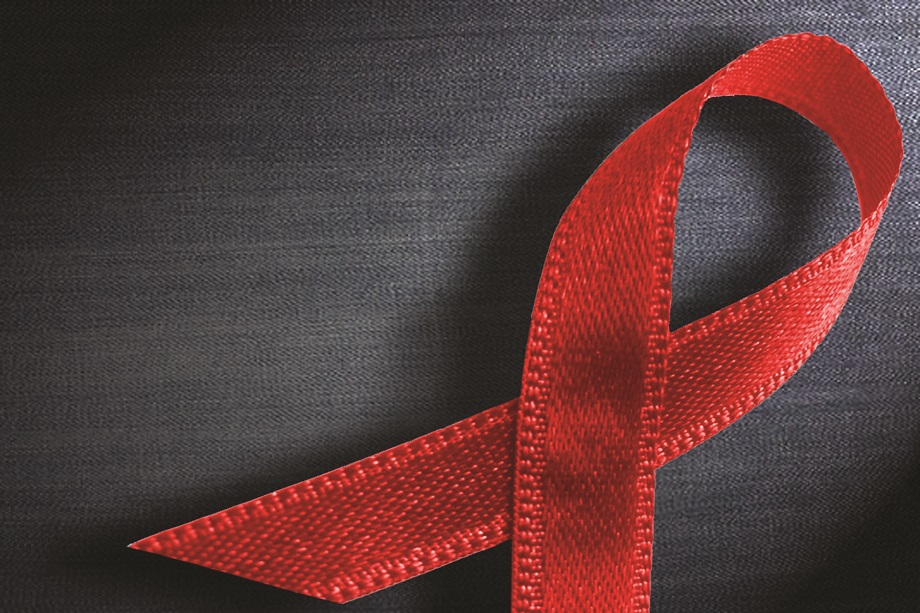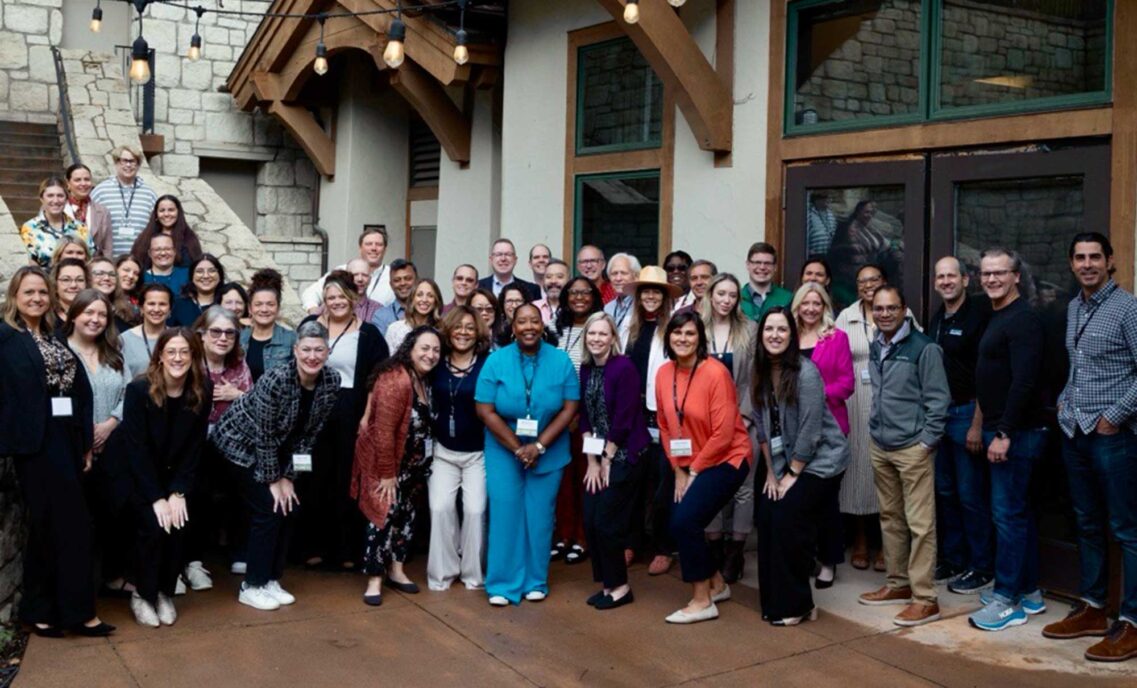This week, the 23rd Annual International AIDS Conference is taking place virtually and Levi Strauss Foundation is a sponsor. In recognition of this week’s conference, LSF’s Stanley Wong shares why it’s more important than ever to keep the conversation going around this ongoing issue and takeaway learnings we can apply from the past to today’s COVID-19 pandemic.
It has been almost four months since the coronavirus outbreak was declared a global pandemic, and almost 40 years since the first reported cases of HIV/AIDS. While HIV and COVID-19 are transmitted and cause disease in different ways, the hard lessons learned from responding to one can serve as a guide to how we address a new pandemic today.
Our corporate response to HIV/AIDS dates back to a time before the disease even had a name. In 1982, Robert D. Haas, Chief Operating Officer at the time, and other leaders helped pass out leaflets at the company’s San Francisco headquarters in what may well have been the first corporate effort to educate employees about the virus.
Since those early days, we’ve embraced a full-circle corporate strategy to address HIV/AIDS in the workplace and around the world through education, policy change and robust community engagement. Since 1983, we’ve also invested $78 million from the Levi Strauss Foundation and the company into frontline HIV/AIDS nonprofits in both the U.S. and more than 40 countries around the world.
We believe that HIV/AIDS is more than a medical condition. It’s also a problem compounded by politics, racism, homophobia and transphobia, gender inequality, poverty, stigma and discrimination—in other words, a social justice issue.
HIV and COVID-19 share a devastating common denominator: both prey upon those who are most marginalized in society. And racism is profoundly shaping the suffering produced by the pandemics.
In recent weeks it has been devastating to witness the disproportionate impact of the coronavirus on Black Americans. Black Americans are dying of COVID-19 at three times the rate of white Americans. Racism, stigma and discrimination, and unequal access to healthcare—such as testing, treatment and care—all contribute to these glaring disparities.
Black Americans also have been bearing the brunt of the HIV epidemic: they make up nearly half of all new HIV infections each year, even though they represent only 13 percent of the U.S. population. Statistics show a Black gay man has a one-in-two chance of being diagnosed with HIV in his lifetime.
Today, the Levi Strauss Foundation is supporting frontline nonprofit organizations taking on the discrimination and inequalities that are fueling both the HIV/AIDS and the COVID-19 epidemics. We believe the advocacy and organizing efforts of the following organizations are more vital than ever:
- In the American South, Black Americans account for nearly 80 percent of new HIV infections. The Southern Black Policy and Advocacy Network is taking on the social and economic disparities impacting Black communities, while the Southern HIV Impact Fund is working to improve access to healthcare.
- SERO Project seeks to end both racism and HIV/AIDS criminalization through community organizing and policy change.
- With the U.S. opioid epidemic being escalated by the COVID-19 pandemic, the Syringe Access Fund’s community partners are being deeply impacted by the exhaustion of resources and strain experienced by state and local health departments along with federal government agencies.
- AIDS United is a leading national organization. Its advocacy ensures any political measures by the federal government will address the needs of people living with HIV, especially within communities of color.
With physical distancing the ‘new normal’ to slow the spread of the coronavirus, the idea of community is more important than ever. Our frontline partners are embracing technology to drive digital organizing and build the political power of their communities:
- Counter Narrative Project organizes Black gay men in the South and Midwest and works in solidarity with all movements committed to social and racial justice.
- The Positive Women’s Network – USA is expanding its online mobilization strategies among women living with HIV to provide morale support and accurate information during these chaotic times.
- HIV Racial Justice Now builds on the leadership of people of color and ensures accountability in the HIV/AIDS community nationwide.
We remain steadfast in our commitment to end the racism and social inequalities that are fueling both the HIV/AIDS and COVID-19 pandemics. This is about creating a healthier—and more just—society.







